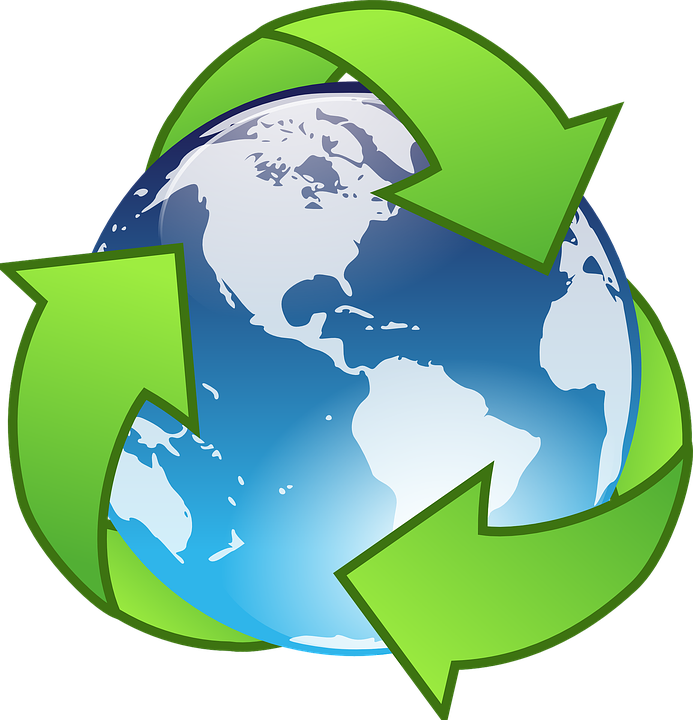Earth Day — Monday, April 22 — is a perfect opportunity for us as students at the College of William and Mary to rethink our treatment of the environment. In March,Rep. Alexandria Ocasio-Cortez, well known for her Green New Deal and urgent rhetoric about the climate, openly admitted that she will often “get 10 plastic bags at the grocery store and then have to toss [them] out … because the recycling program in the area is tough.” Patrick Moore, co-founder of Greenpeace, responded by calling this behavior hypocritical; Ocasio-Cortez defended herself by saying that she is “living in the world as it is”— for example, she also flies, uses air conditioning and, oh yeah, listed over a thousand Uber transactions during her congressional campaign despite the subway station .03 miles away from her office.
News flash: the climate is important. Instead of sitting around ruminating about how the world is going to end in 12 years if we don’t address climate change, wouldn’t it be cool if our politicians actually did something about it in their personal lives? I’m not talking about ambitious legislation; climate action starts with the individual. One politician exemplifying a truly sustainable lifestyle is way more powerful than just talk. On an even smaller level, one person taking individual steps toward an environmentally-conscious life has significant effects.
Are you doing all the things that you wish our government enforced? Maybe not. If you want our government to ban gasoline vehicles or plastic, do you ever ride in cars or use a fork at Marketplace? You probably do. As the co-founder of Greenpeace would tell you, that’s hypocritical.
This is what we need to focus on at the College. Before we talk about policy, we need to make the realistic choices we believe will benefit our environment. More than that, we all have talents and abilities that we can use to cultivate an environmentally-savvy school and country as a whole.
To foster that change, let’s talk about the people who are building innovative, sustainable solutions to environmental problems. In 2018, the reusable water bottle market valued at over $8 billion; hundreds of companies are responding to consumer demands for this environmentally-conscious option. MAC Cosmetics allows customers to exchange their empty lipstick tubes for new ones, incentivizing recycling. The other day I saw an ad on Snapchat for shoes made out of recycled plastic. Companies like WINIT have created things like silicone airtight bags and unbleached paper tea bags. Lush makes shampoo and conditioner bars to cut down on single-use plastics. You can bring used Nespresso capsules to convenient recycling collection points. Reusable straws are the norm now. Seventh Generation is a company that sells eco-friendly cleaning products from plant-based laundry detergent to recycled toilet paper. Pilot makes pens out of recycled water bottles. There are literally shower heads that have been created for the sole purpose of saving water and energy.
I could go on. There are people and companies that are actively responding to the seriousness of the climate movement.
As college students who care deeply about the environment, we should be coming up with bright ideas like these. At the very least, we need to resolve as individuals to take steps toward a cleaner, better Earth — whether by being conscientious about the waste we produce or by replacing everything we own with the more sustainable option, which, as I think I’ve demonstrated, definitely does exist.
If we aren’t doing all we can to play our part in caring for the environment, we don’t really have a right to anxiety or judgmental outrage.
Email Chloe Folmar at





































[…] article was originally published on April 16, 2019 in The Flat Hat, the official newspaper of the College of William & […]